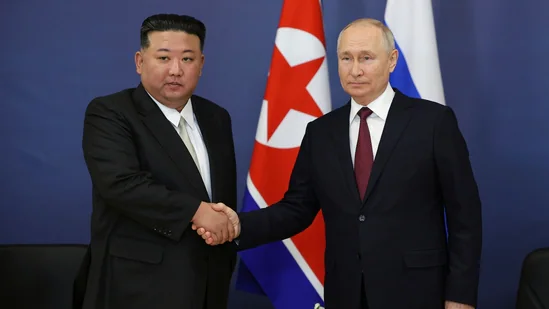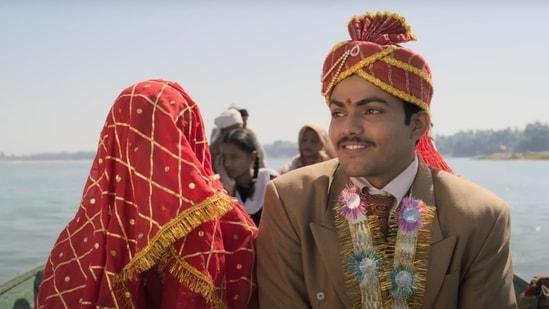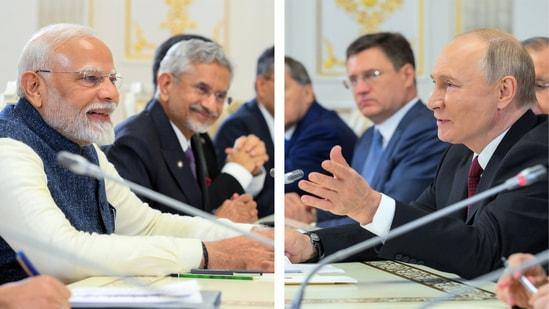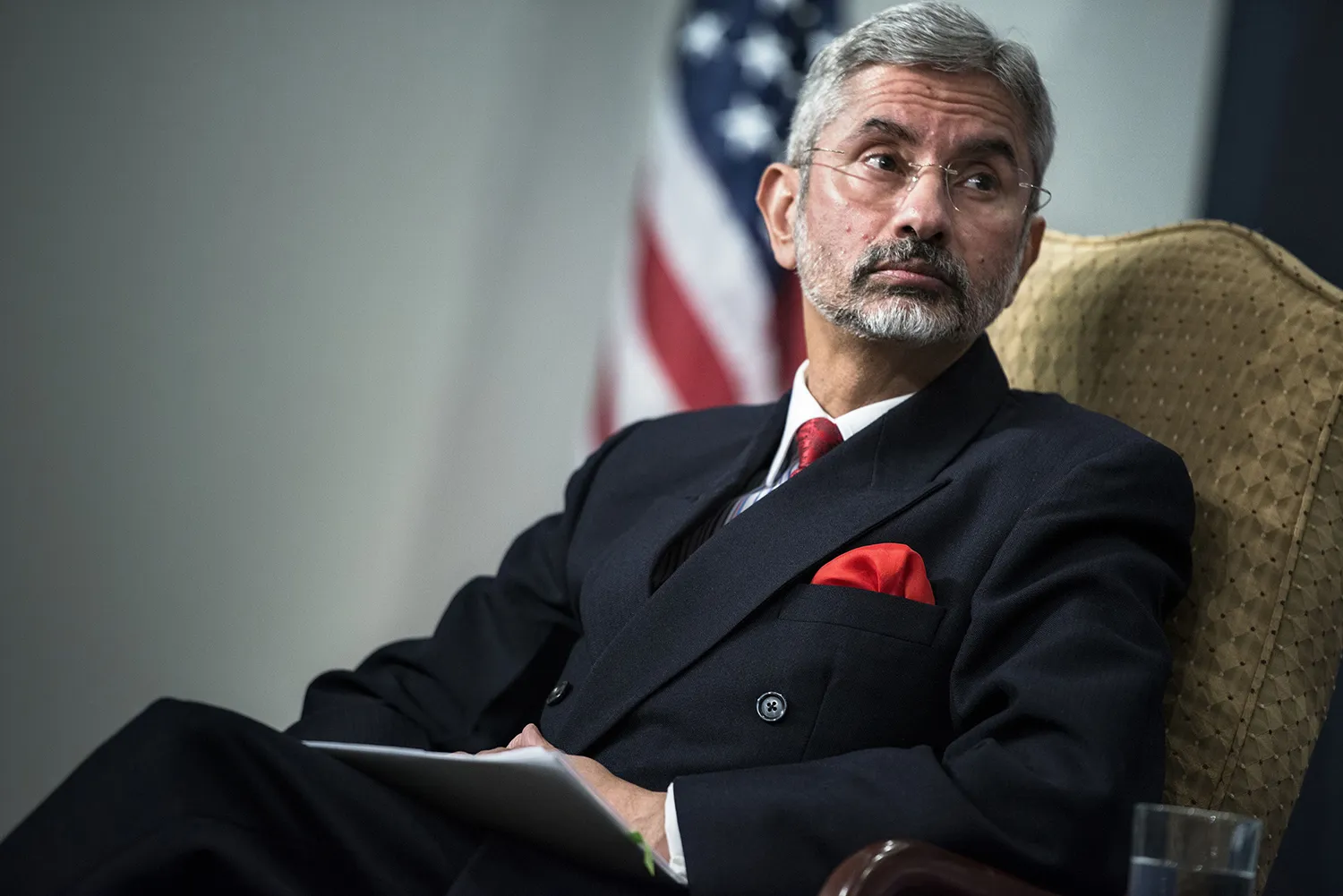In a dramatic turn of events, Hamas leader Ismail Haniyeh was killed in Tehran on Wednesday, reportedly by a bomb that had been secretly planted months earlier. The device was hidden in the guest house where Haniyeh was staying and detonated remotely when he was inside.
According to sources familiar with the operation, the bomb had been in place for about two months before it was triggered. The Iranian government and Hamas have accused Israel of orchestrating the assassination, although Israel has not confirmed or denied involvement.
US officials were only informed of the operation by Israeli officials after the attack took place. The New York Times was the first to report on the specifics of the assassination.
The revelation that Haniyeh was killed by a bomb concealed within a highly secure guest house protected by Iran’s Islamic Revolutionary Guard Corps (IRGC) raises serious security concerns. This breach has cast doubt on the effectiveness of the IRGC’s protective measures.
Haniyeh had arrived in Tehran with plans to attend the inauguration of Iran’s new president, Masoud Pezeshkian. He was seen meeting with top Iranian leaders, including Supreme Leader Ayatollah Ali Khamenei, before his death. His final public appearance was at Tehran’s Milad Tower before he was killed around 2 a.m. local time.
Iranian state media initially reported that Haniyeh was killed by a rocket fired from outside the building. However, the new details about the bomb suggest a more sophisticated and covert operation.
Following his death, Haniyeh’s body was flown to Doha, Qatar, where his funeral will be held. Hamas and Qatari media have reported that the funeral prayer will take place after Friday prayers at the Imam Muhammad ibn Abd al-Wahhab Mosque, with burial at the Imam Founder Cemetery in Lusail city. Videos show his widow mourning over the coffin, praising his strength and dedication.
Haniyeh’s assassination comes amid heightened tensions in the region. Just hours before, Israel had conducted a strike in Beirut, Lebanon, killing Hezbollah commander Fu’ad Shukr. Hezbollah leader Hassan Nasrallah has condemned the strike and hinted at a possible response, signaling an escalation in the ongoing conflict.
The Israel Defense Forces (IDF) are on high alert, preparing for various scenarios amid the rising tension. Rear Admiral Daniel Hagari emphasized the IDF’s readiness and cooperation with international partners while acknowledging the ongoing threat from Iranian-backed terror groups.
Emergency services in Israel, including Magen David Adom, are also gearing up for potential escalation, having conducted a recent exercise simulating a rocket attack. Additionally, Israel has confirmed the killing of Mohammed Deif, the head of Hamas’ military wing, last month, further intensifying the situation.











